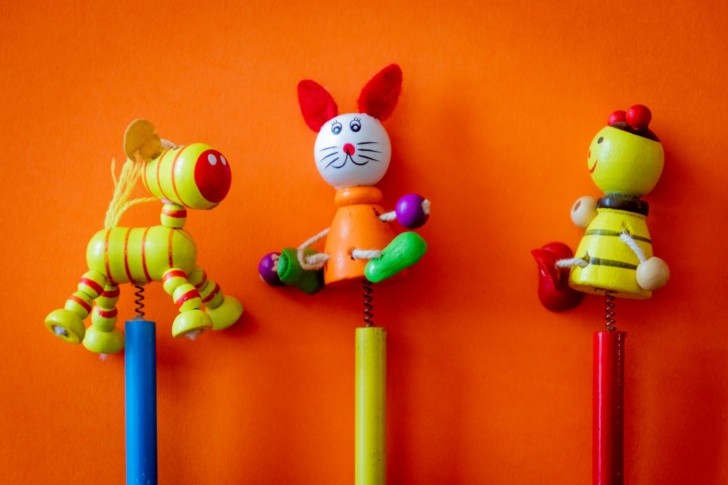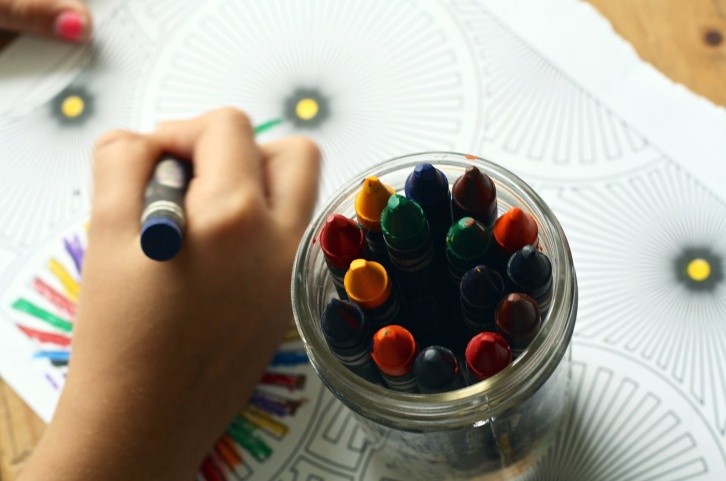
Mastering more than one language has many advantages that is why it is important to know how to raise a truly bilingual child
Nowadays it is of the utmost importance that people master several languages, as this will open the doors to success. Now you are probably wondering how to raise a truly bilingual child.
Pure bilingualism is relatively rare and exceptional, and by ‘pure’ I mean speaking two languages with the proficiency of a native speaker, something most of us only dream of as we strive to learn other languages in school and in the life.
Steps on the road to bilingualism can help a child with language in general. In addition, early exposure to another language can provide certain advantages, especially in terms of ease of producing the sounds of that language.

However, parents should not assume that young children’s natural ability for language will lead them to develop true language skills without great effort. "For everyone trying to raise a bilingual child, regardless of their reasons or background, it is very important to realize that acquiring a language requires a lot of exposure to it," said Erika Hoff, a developmental psychologist who is a professor of Florida Atlantic University and lead author of an article published in 2015 that reviews bilingual development.
Pediatricians routinely advise parents to talk to their children as much as possible, read to them, and sing to them. Part of the issue is increasing their exposure to the language – a big concern even for children who grow up with only one language. In order to support language development, exposure must be person-to-person; Screen time does not count for a young child to learn a language – even their mother tongue – even though children may learn content and vocabulary through educational programs later. "For bilingual development, the child needs exposure to both languages," Dr. Hoff said, "and that is very difficult in a monolingual environment."
Pediatricians also advise non-English speaking parents that if their children are learning English, then also read aloud to them, sing to them, tell stories, and speak to them in their native language. So children get that exposure to the language, along with complex content and information, rather than the more limited exposure that you get from a person who speaks a language in which they are not entirely comfortable.

Parents come up with all kinds of strategies to try to promote this type of exposure. Some families decide that each parent will speak a different language to the child. However, he will be able to discern between the two languages even if both parents speak both, Dr. Hoff said. "There is no research to suggest that the child needs to have the two languages separated by speaker so as not to be confused." On the other hand, that rule can serve
to ensure that a language other than the mother tongue is used.
If the child grows up with a caregiver who speaks a foreign language – perhaps a Chinese or French babysitter – there could be some benefits in the future if he wants to study that language. However, if the child grows up speaking a second language – let’s say Korean – with his cousins and grandparents, he attends a Saturday school that emphasizes language and culture, where he listens to music and even reads books in that language, and then visits a country or area where it is spoken, will develop a much greater facility for the language in question.
It takes longer to acquire two languages than just one, Dr. Hoff said, and that also depends on exposure.
“A child who is learning two languages will have a more limited vocabulary in each of them than a child who is only learning one; We only have a finite number of hours a day; Either you hear English or you hear Spanish, ”said Dr. Hoff. Anyway, the kids will make it. They may mix the two languages, but that does not mean they are confused.
“Bilingual adults mix the two languages they speak all the time; it is a sign of linguistic ability ”, he confirmed.
Dr. Hoff works in South Florida, where there is a highly educated and wealthy population that is raising children in Spanish and English. “Children start out as bilingual babies; however, as they grow older, English is superimposed on Spanish, "he said. “Those who become successful cases of bilingual adults are still much better in English than in Spanish; They did not go to school in Spanish or read in Spanish, and when the breadth of their vocabulary, their grammatical comprehension or the coherence of the narrative they produce is evaluated, it turns out that they are not as competent in Spanish as in English ”.

Gigliana Melzi, a developmental psychologist and adjunct professor of Applied Psychology at New York University who studies the language of Latino families in which both English and Spanish are spoken, agreed. "Parents need to be aware that they must introduce the child to reading in that language," he said. "They need to consider how they are going to encourage the child to keep that language."
It is also important, he said, to observe each child and make sure not to overwhelm him with demands based on the parents’ expectations and ambitions; maybe three languages plus a musical instrument and a high-performance sport is too much.
The languages you learn in childhood are important, but so are the languages you learn throughout life.
“We all know people who make great contributions and important scientific discoveries in English despite not being native speakers,” said Dr. Hoff. "The human brain is incredible and the human ability to acquire language is admirable."
So what should parents do if they want to give their children a bilingual push? “Find a native speaker to talk about fun and interesting things with your child; that way, your child will learn something, ”said Dr. Hoff. "Don’t think this will make your child perfectly bilingual, but that’s okay." Whatever you do will give you an advantage.
Dr. Melzi said that it often happens that a child who was fluent in two languages during preschool then switches to a school where only one is spoken, for example English, and begins to use this language to describe everything that happens there.
"There is a global push that makes English a kind of lingua franca, so it is important that the child is exposed to the other language as soon as possible and the younger they start, the more similar to a native speaker they will sound in the future", said. On the other hand, older children may learn more easily: "If you start at a very young age, you will have the upper hand," he said. "But the older you are, the more efficient you will be as a student, since you already have a first language that you can use as a springboard."
So “pure” bilingualism can be rare, but parents shouldn’t be discouraged by this, as all the skills children acquire along the way are invaluable, said Dr. Melzi. "It’s worth it, but it takes a lot of work."